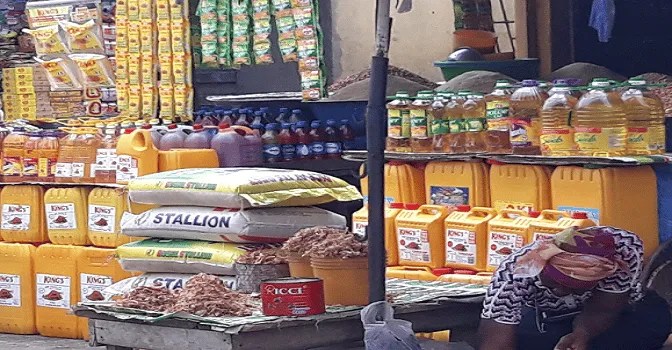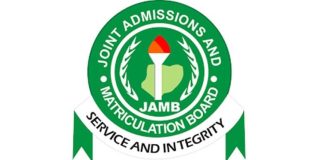🌿 Ruzu Non-Alcoholic Herbal Bitters
Ruzu Non-Alcoholic Herbal Bitters is a natural health supplement specially formulated to:
- ✅ Promote general wellness
- ✅ Detoxify the body
- ✅ Support the treatment of various ailments
Made from a powerful blend of 100% organic and medicinal herbs, Ruzu is completely alcohol-free, making it ideal for:
- 👪 All age groups
- 🌱 Health-conscious individuals
- 🌿 Anyone seeking non-alcoholic herbal remedies
Whether you're looking to boost your vitality, cleanse your system, or support healing the natural way, Ruzu Bitters offers a trusted herbal solution.
The National Bureau of Statistics (NBS) said on Monday the country’s headline dropped to 32.15% in August.
This was lower than the 33.40% for July.
According to the Consumer Price Index (CPI) report released by the Bureau, food inflation stood at 37.52% in the same month.
The NBS said: “Looking at the movement, the August 2024 headline inflation rate showed a decrease of 1.25% points when compared to the July 2024 headline inflation rate.
“However, on a year-on-year basis, the headline inflation rate was 6.35% points higher compared to the rate recorded in August 2023 (25.80%).
“On a month-on-month basis, the headline inflation rate in August 2024 was 2.22%, which was 0.06% lower than the rate recorded in August 2024 (2.28%). This means that in August 2024, the rate of increase in the average price level is lower than the rate of increase in the average price level in July 2024.”
READ ALSO:Nigeria’s GDP rose by 3.19% in Q2 2024 – NBS
The agency revealed that the food inflation rate for last month was 37.52% on a year-on-year basis, which was 8.18% points higher compared to the rate recorded in August 2023 (29.34%).
It said the rise in food inflation on a year-on-year basis was caused by increases in prices of bread, maize, grains, guinea corn, bread, cereals yam, Irish potatoes, water yam, cassava tuber, palm oil and vegetable oil, among others.
On a month-on-month basis, the food inflation rate in August was 2.37% which showed a 0.10% decrease compared to the rate recorded in July (2.47%).
The NBS said the fall was due to drop in the average prices of tobacco, tea, cocoa, coffee, groundnut oil, milk, yam, Irish potatoes, water yam, cassava tuber, palm oil, and vegetables.
In August, food inflation on a year-on-year basis was highest in Sokoto (46.98%), Gombe (43.25%), and Yobe (43.21%) while Benue (32.33%), Rivers (33.01%), and Bayelsa (33.36%), recorded the slowest rise in food inflation.
On a month-on-month basis, however, August 2024 food inflation was highest in Adamawa (5.46%), Kebbi (4.48%), and Borno (3.88%), while Ogun (0.08%), Akwa-Ibom (0.45%) and Sokoto (1.00%) recorded the slowest rise during the period.
By: Babajide Okeowo
The post JUST IN: Nigeria’s inflation rate down to 32.15% appeared first on Latest Nigeria News | Top Stories from Naomisophyblog.
















